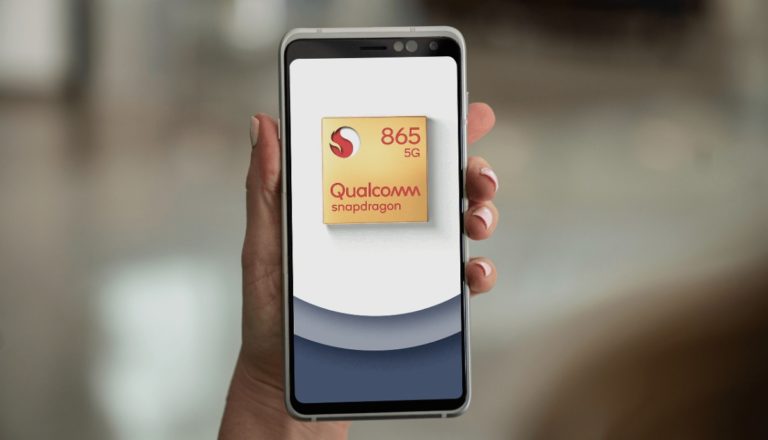An Interview With Purism CEO & Founder Todd Weaver: “Expect More Librem 5 Partnerships In Near Future”

The free and open source Linux smartphone movement is once again gaining momentum, thanks to the Purism’s ongoing Librem 5 crowdfunding campaign and other projects like postmarketOS. To strengthen Librem 5 development, Purism has already partnered with open source leaders like GNOME and KDE, and we’re really excited to see the final outcome.
Recently, we chatted with Purism CEO and founder Todd Weaver via email, who shared some details regarding Librem 5 and future plans:
Purism CEO & Founder Todd Weaver Interview
KDE and GNOME have partnered with Purism to support Librem 5. Can we expect some other partnerships as well in near future?
TW: Yes. We already have partnered with Matrix and that is public knowledge, but still an impressive partnership that brings the immense talents of IP-first communication to our mobile efforts.
We will be announcing a few more endorsements, recommendations, and partnerships if those solidify properly in the coming month or two.
Are GNOME and KDE developers going to collaborate with Purism? If yes, on what level?
TW: Purism will be working with GNOME to provide a reference platform, software developers, and sponsorship for GNOME/GTK development, and helping the community in every way possible. GNOME Foundation will be helping coordinate hackfests, and community involvement.
Purism will be working with KDE to provide a reference platform, software developers, and co-developing Plasma for the Librem 5. KDE will be developing Plasma to work on the Librem 5.
The differences between how those organizations work is key to the partnerships, Purism is devoted to helping and supporting all free software projects, and will continue to do so.
What are your plans to ship timely updates? It seems to be the biggest problem in Android ecosystem. It’s the biggest threat as well.
TW: Having PureOS be a direct fork of Debian GNU/Linux was to solve this exact issue, where we can push changes immediately into the OS, and then work on upstreaming in the slower approval process that makes Debian such a strong distribution.
PureOS is a very active distribution for our Laptops, and will be the same for the Librem 5 phone.
Even though the final product is supposed to be open source, Purism will be the one making devices. Are you planning to partner with some hardware vendors as well to scale things up and meet demands?
TW: We have the supplier relationships to scale this up to meet demands already, and within 3 months of demand topping out can expand further.
On the crowdfunding page, I came across the terms “Decentralized Communication by Default.” Can you throw some more light on the same?
TW: Matrix provides decentralized communication (like email), where there is no central server(s) or corporation controlling users. Matrix gives us this for voice, video, messaging, and group chat.
On the desktop front, what kind of changes we are going to see in PureOS in the upcoming days?
TW: PureOS advances in three key areas:
- Privacy tools
- Security
- Freedom
We then propose those changes upstream to Debian (or the upstream maintainer(s) of packages).
So in the upcoming days, it will be mostly freedom issues that get us toward FSF endorsement of PureOS, which we have been working on for over two years already.
What are the current biggest challenges you’re facing while designing an open source smartphone from the scratch?
TW: Funding of the (relatively small) $1.5m to fabricate, and the known software challenges that face us to deliver good power management and a solid middleware for apps to build on.
Being an open source and security advocate, what advice would you like to give to fellow tech companies?
TW: Ethics are more important than profit. Release all source code, avoid surveillance capitalism, and work to make digital rights match the rights we have in the physical world.
Did you find this interview with Purism CEO & Founder Todd Weaver interesting? Don’t forget to share your views on the ongoing Librem 5 campaign.
Also Read: Linux Kernel LTS Releases Will Now Get 6 Years Support






